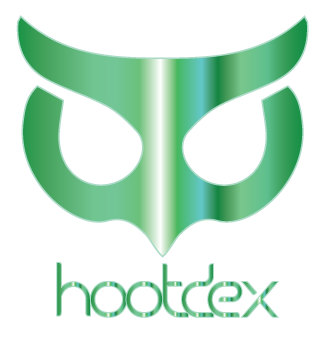Financial Literacy for College Athletes: Navigating Financial Challenges and Opportunities
Introduction
Managing personal finances can be challenging for college athletes who juggle the roles of student and athlete while dealing with multiple sources of income with varying stipulations for usage. This responsibility can take an emotional toll on students and may ultimately be detrimental to their well-being. However, financial education can equip athletes with the knowledge they need to make informed financial decisions and change their behavior positively.
The Importance of Financial Education
Limited research suggests that athletes with more financial knowledge are more confident in money management and decision-making. However, they tend to have less financial knowledge than non-athlete students. Early financial education, enhanced with tailored financial workshops and counseling, can significantly benefit athletes.
Financial Literacy and NIL
With athletes now able to profit from their name, image, and likeness (NIL), having access to relevant financial education is critical. According to NIL Network, 26 states have passed legislation allowing athletes to earn compensation from their NIL. In October 2020, the National Association of Intercollegiate Athletics (NAIA) amended its amateur code to permit athletes to profit from NIL and mention their athletic participation in promotional activities.
Financial Planning for Athletes
Receiving large amounts of income at once, similar to scholarships or tax refunds, requires discipline and knowledge of future expenses. Given that a very low percentage of college athletes “go pro,” financial education can strengthen their financial future and help them manage their resources wisely.
Developing Financial Literacy
Financial literacy requires both knowledge and the confidence to use that knowledge in making financial decisions. Sources of financial knowledge for college students can include formal coursework, parental socialization, or financial counseling. Together, financial knowledge and application are components of financial literacy, developed through personal finance education. Financial literacy influences financial behaviors, which in turn impact overall financial well-being.
Challenges for College Athletes
Many college students are managing money for the first time and may not have a support system to guide them in financial decisions. The combination of increased knowledge and the opportunity to gain confidence through its application is crucial in addressing financial literacy. Internally motivated individuals believe their actions determine personal outcomes, while externally motivated individuals believe outcomes are the result of chance or luck.
Financial Education Initiatives
College athletes often have limited exposure to financial education prior to enrolling in college and limited time for financial education and work due to their dual roles. Some athletes receive athletic scholarships, while others seek additional funding and student loans to pay for college.
Financial Literacy Programs
Huston’s (2010) model demonstrated connections between financial literacy, behaviors, and education. A study was conducted to determine college athletes’ subjective and objective financial literacy, how they applied this knowledge, and their preferred modes of financial education. Data was collected from two institutions in the same Power 5 conference through monthly spending logs, focus groups, interviews, financial knowledge surveys, and pre- and post-tests flanking a financial literacy module in first-year experience courses and summer bridge.
A “Money 101” course was piloted over eight weeks, and peer financial counseling was offered. As athletes gain access to their NIL for potential income, financial education is paramount.
Innovative Paths for Financial Monetization
With advancements in technology, athletes now have more opportunities to monetize their exposure through social media platforms such as Instagram, TikTok, and superapps like MegaHoot ChatHive. These platforms allow athletes to engage with their audience directly, build a personal brand, and in the case of MegaHoot, create a monetization ecosystem at no initial cost.
Financial literacy is an essential skill for navigating the complex world of money and making informed personal finance decisions. For college athletes, who often face unique financial challenges, proper guidance and education in financial literacy are crucial. By equipping athletes with the knowledge and tools they need to manage their finances effectively, we can help ensure their long-term financial well-being and success.
